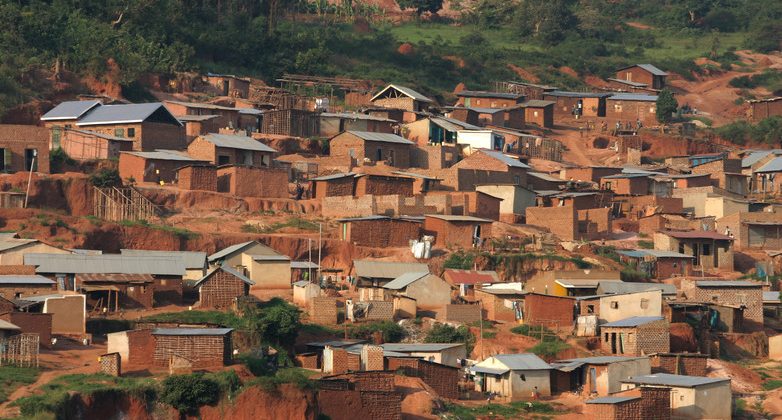Despite Government Policy, Cervical Cancer Progress Stalls in India
In what might have been a leap forward for reproductive health, the Indian government unveiled an national oral, breast and cervical cancer detection protocol in 2016. At the time, the initiative was lauded by public health professionals. However, with little progress to show, the Ministry of Health and Family Welfare is attracting criticism. India leads the world in cervical cancer mortality with over 70,000 deaths per year. Yet, its women often can't access appropriate screenings, and the government immunization schedule fails to include the HPV vaccine. This contradicts vaccination recommendations by the WHO and the country's own National Technical Advisory Group on Immunization. It seems India may suffer from misgivings similar to those driving the worldwide anti-vaxxing movement. A 2009 HPV vaccination trial of 25,000 Indian girls was stopped after the unrelated deaths of seven participants sparked public outcry. Stigma and logistical challenges also complicate cervical cancer screening efforts. Considering India's "burgeoning youth population that is sexually experimenting at a younger age," this might prove an...




